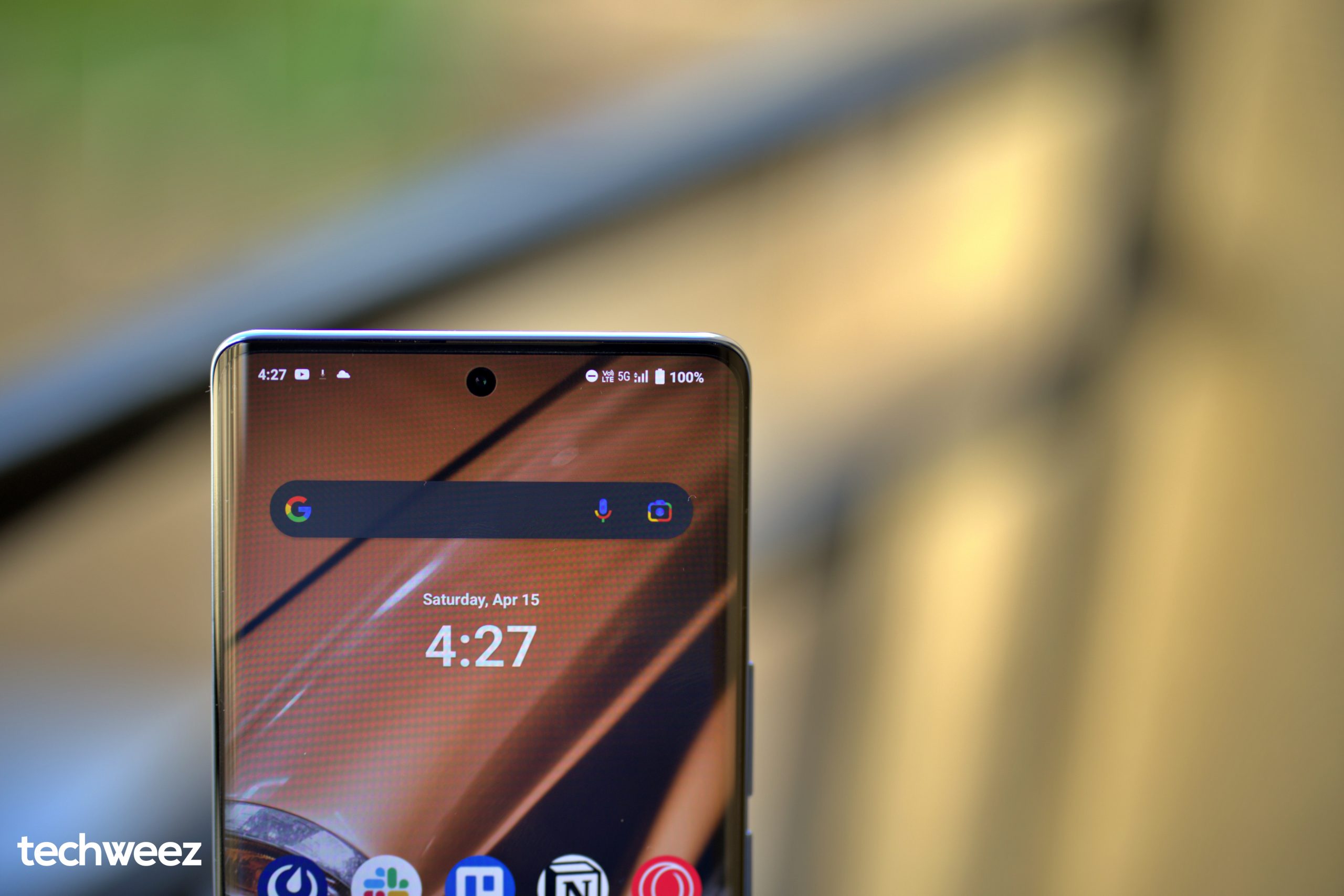![]()
![]()
Craft Silicon’s ride-hailing service Little was introduced in Kenya a year or so ago in a bid to have a cut of the market share of the lucrative modern taxi business that is often associated with Uber. Over that period, Little has managed to gain some mileage as it has expanded its turf to Mombasa and Kisumu, the latter of which it enjoys exclusivity as there are no competing rivals in the lakeside city.
Little has been on a roll when it comes to launching innovative features to have an edge over the competition. Little’s Chairman, Kamal Budhabhatti admits that their main rival Uber has deep pockets that a startup like Little cannot match and thus innovation is their best way to stay ahead. The company has been introducing feature left, right and centre and their latest feature is driver verification feature which follows the announcement of their rebranded wallet feature a few days ago.
Driver Verification
The latest addition to its quest to rise to the top of this niche is a security feature that uses Microsoft Cognitive API for online driver verification using face recognition technology. If you have heard of this feature before, then you are right because Uber announced the same security feature for its platform. However, Little is the first local-based taxi-hailing company that has the feature in place, “We piloted the security feature at the beginning of July with 20 of our drivers. Following a successful launch, we are now expanding and rolling it out to the rest of our drivers,” says Mr Kamal. At the same time, Little says that the solution was developed right here in Kenya with local talent and skipped on external help, and gains more points by being the first of its kind in Africa.
Simply put, this development is basic on the outside. Illustrating the feature during its official announcement, Kamal demoed how a driver is prompted to take a selfie on Little’s driver as part of the credentials needed logging in. Upon taking an image with a handheld’s forward facing camera, the photo is then compared to what Little has in its database. The security benefit of this addition is that riders will feel safer thanks to driver verification that ascertains the identity of the person in charge of your trip. While Kamal did not confirm whether Little has had cases of sneaky, unregistered drivers who pick customers using the startup’s name, it is a welcome addition to see Little address such fears to counter possible future occurrences.
“…commitment to security, innovation and productivity…”
At the moment, this is what Little has on the table, and has promised that a future update will roll out where drivers will be prompted to verify their identities at the request of the rider, prior to accepting a job.
As mentioned, Little has managed to crack this security feature open with Microsoft Cognitive API that is based on its cloud-based product, Azure. The technology verifies the likelihood that two faces belong to the same individual, after which the API returns a confidence score that the two faces belong to that person. It uses machine learning to compare the selfie taken by drivers to Little’s records. Further attributes that have been put in place include gender, emotion, age, pose, smile as well as facial hair, not to mention 27 other landmarks for each face. Collectively, these attributes help in returning accurate information, in addition to determining whether a driver is drunk/tipsy or sober. Drunk drivers will not be allowed to log in.
“Little is one of the most exciting companies in Kenya at the moment and their commitment to security, innovation and productivity is one of the main reasons why we chose to partner with them. Their offering ties in perfectly to our commitment to empowering every person on the planet to achieve more ” says Kunle Awosika, Small, Medium and Corporate Lead, Microsoft Africa.
Little Wallet
Preceding this milestone is the Little Wallet. Little Wallet, on the other hand, went live a couple of days ago, and while it is not a new service owing to the prior existence of Little Life, Wallet is complemented with discounts of up to 10% when loading is done via M-PESA. “All our drivers are entrepreneurs, we want them to be agents, we want them to make additional income,” said Kamal as he explained the motivation behind Little Wallet. The wallet was aimed at making it easier for riders to pay for rides, in addition to making the process of paying for friends and family a seamless experience.
Kamal told Techweez that currently, up to 20% of Little users have interacted with the wallet in one way or the other. He also informed us that in the near future, Little Wallet will allow for bill payments, as for now, users can use the wallet to purchase airtime and “Sambaza ride”, which is simply sending someone a specified amount through the wallet that they can use to pay for a ride.
M-Pesa API Integration
This is an addition that would otherwise fly under the radar but still a much welcome addition. Prior to the update, riders who chose to pay via M-Pesa would be required to go through the long error-prone process of manually entering a paybill number and account number under the M-Pesa menu then completing the transaction. But with the M-Pesa API integration, the process is as simple as tapping the make payment button, inputting your M-Pesa PIN on the pop-up menu and you’re done in seconds.
The Long Road
Little is planning to expand to other markets and Nigeria is on their bucket list. Specifically, Little will be launched in Lagos in October 8 with up to 5,000 drivers available at launch. In comparison, Little has 2000 Kenyan drivers who make up to 10,000 trips every day.
It has also come to our attention that Little is working on spinning some wheels into the IOT (Internet of Things) space. Kamal quietly mentioned that the company is developing a home gadget that will be placed on a fridge, as an example and pressing a button would immediately hail a cab for you.
With such big plans, Little doesn’t seem so little after all.






















